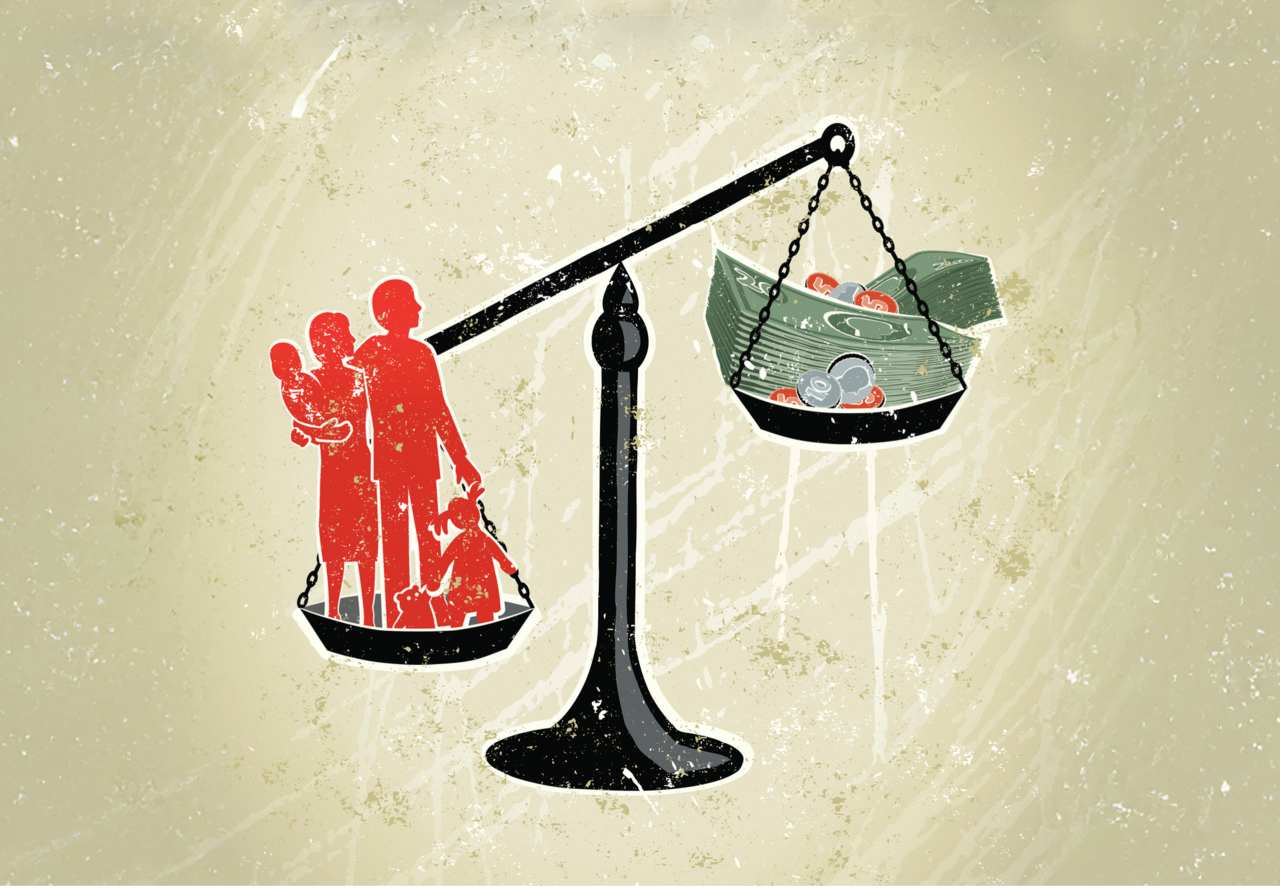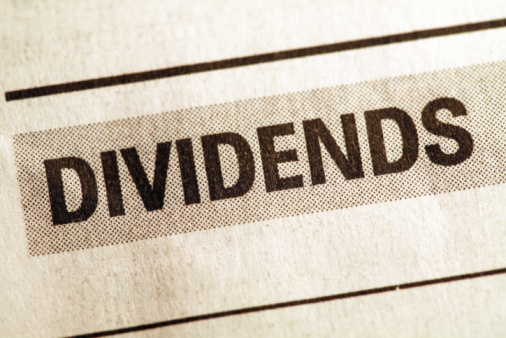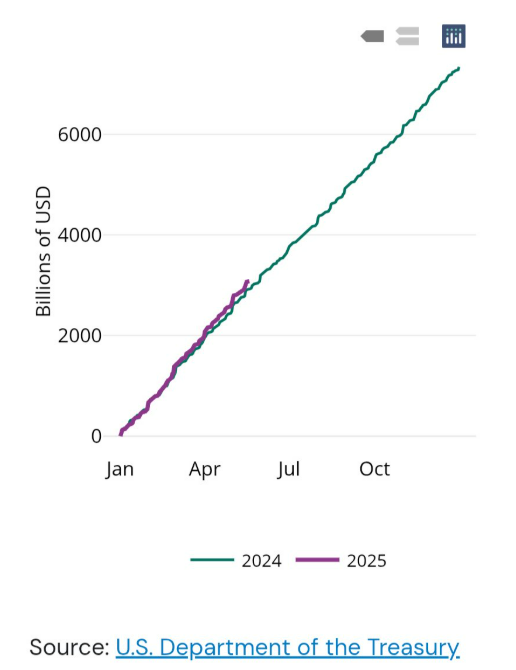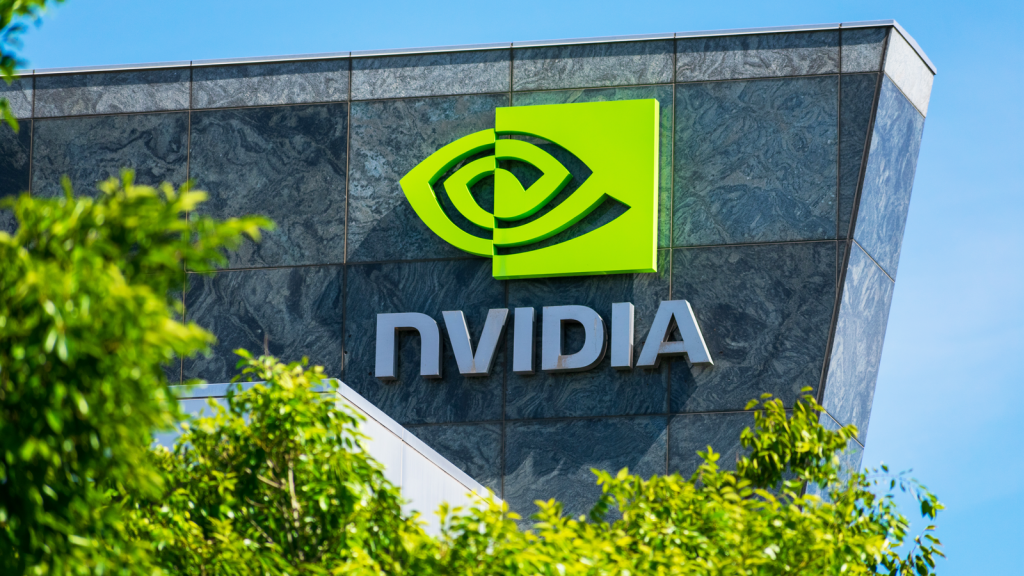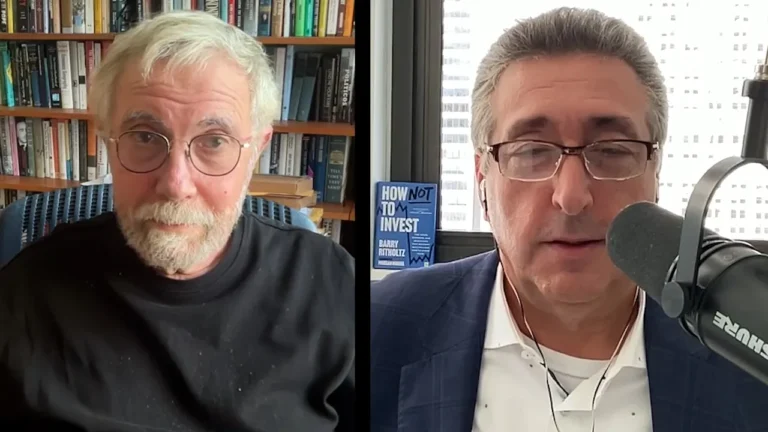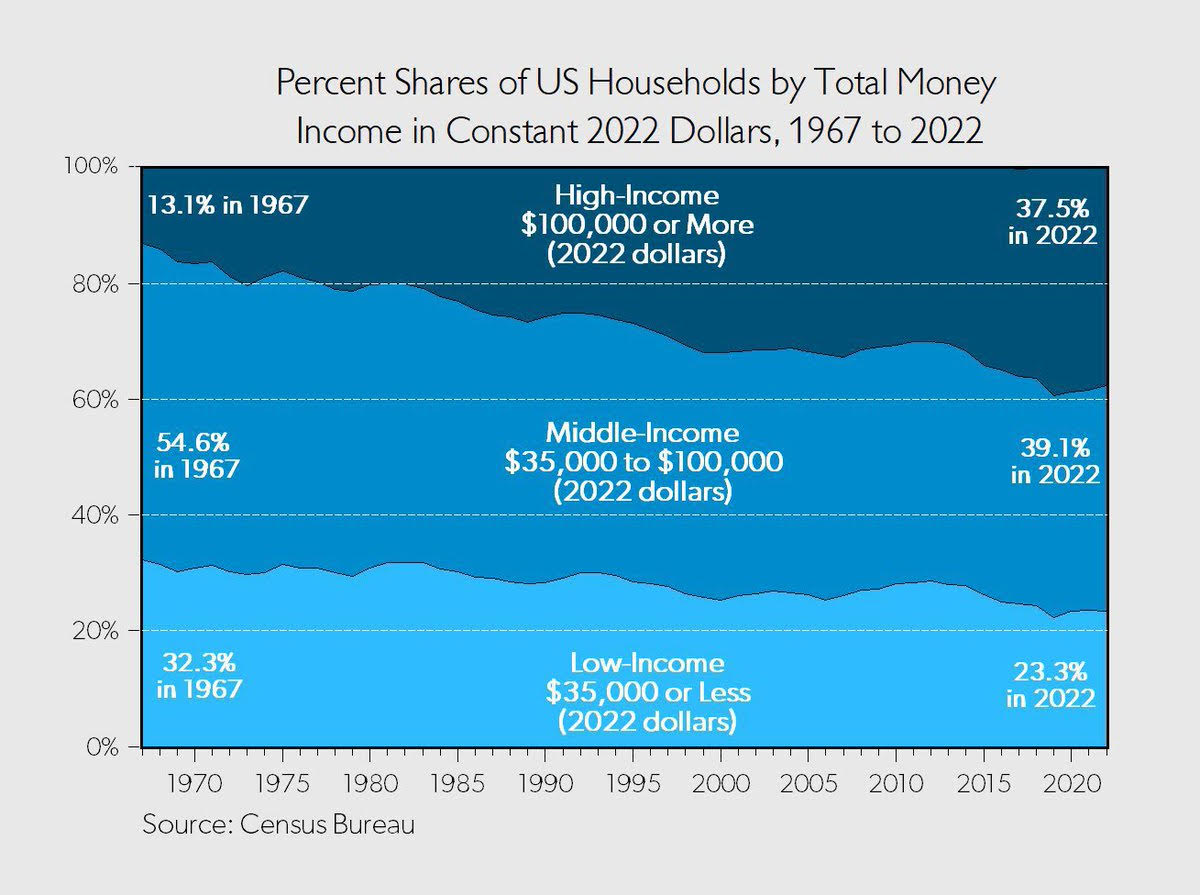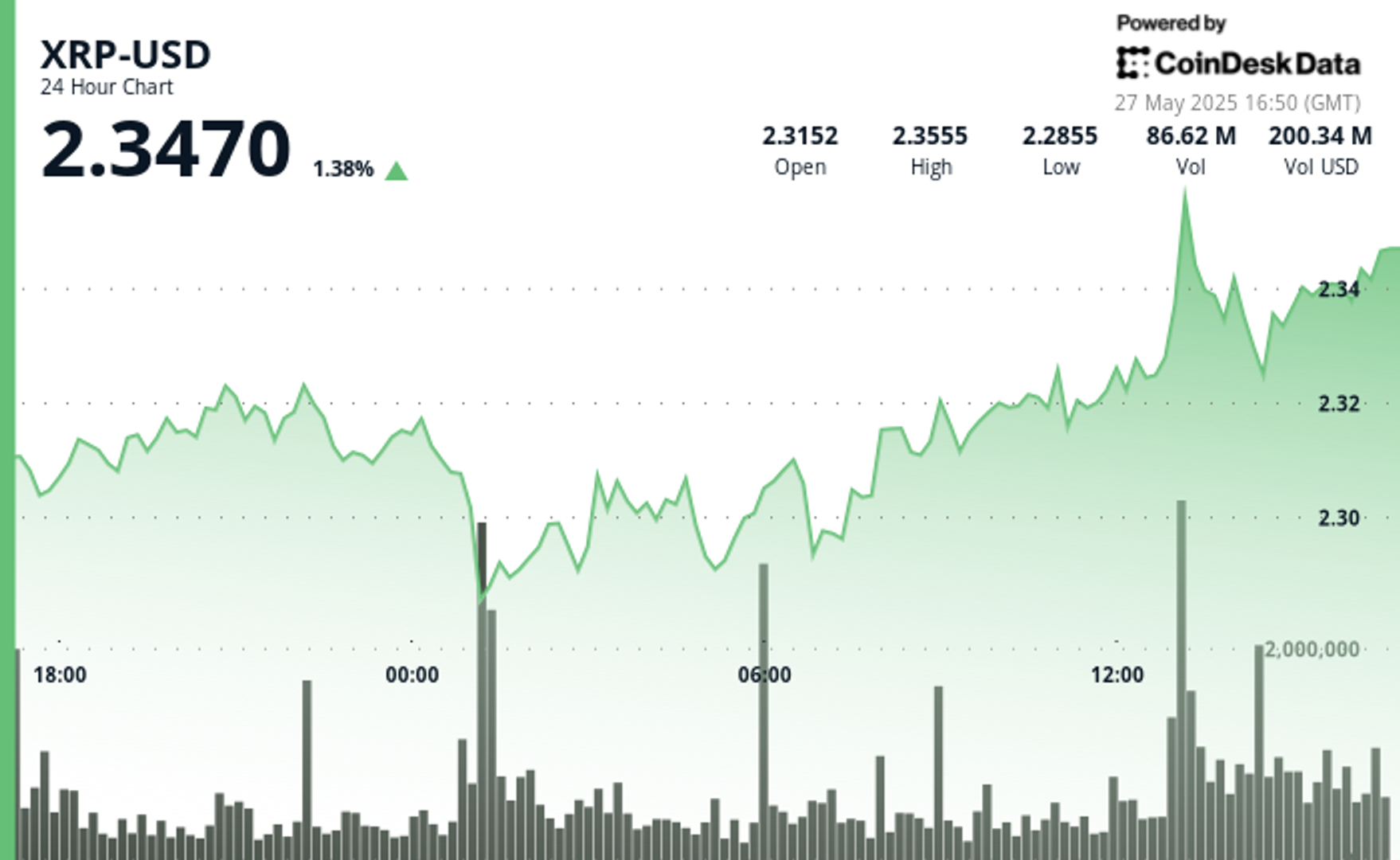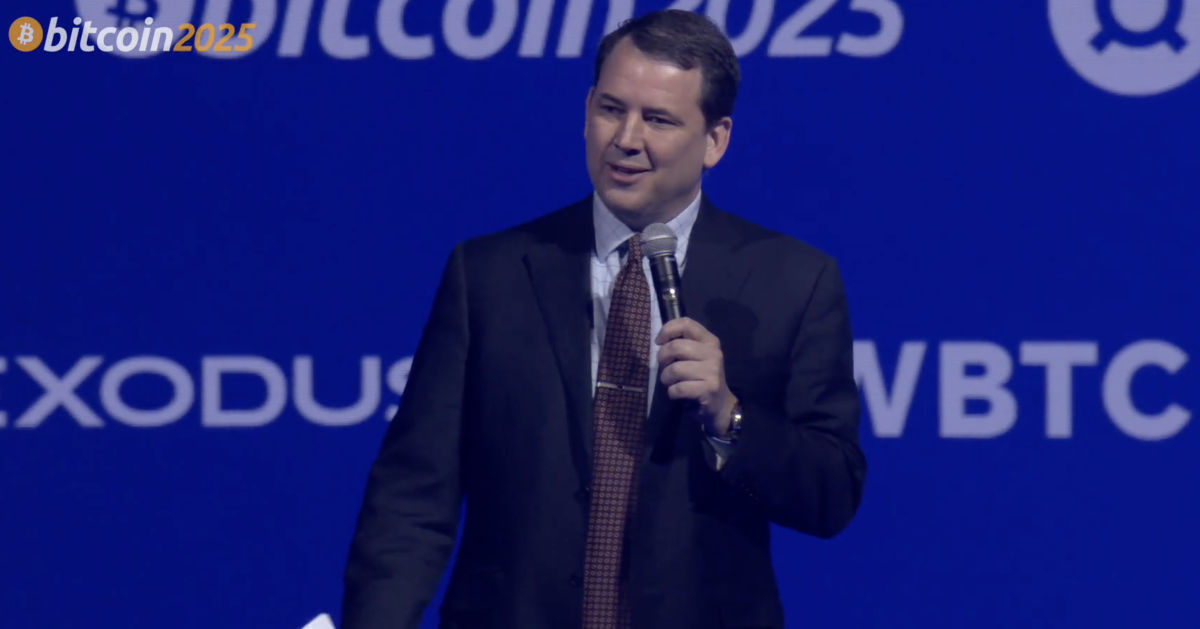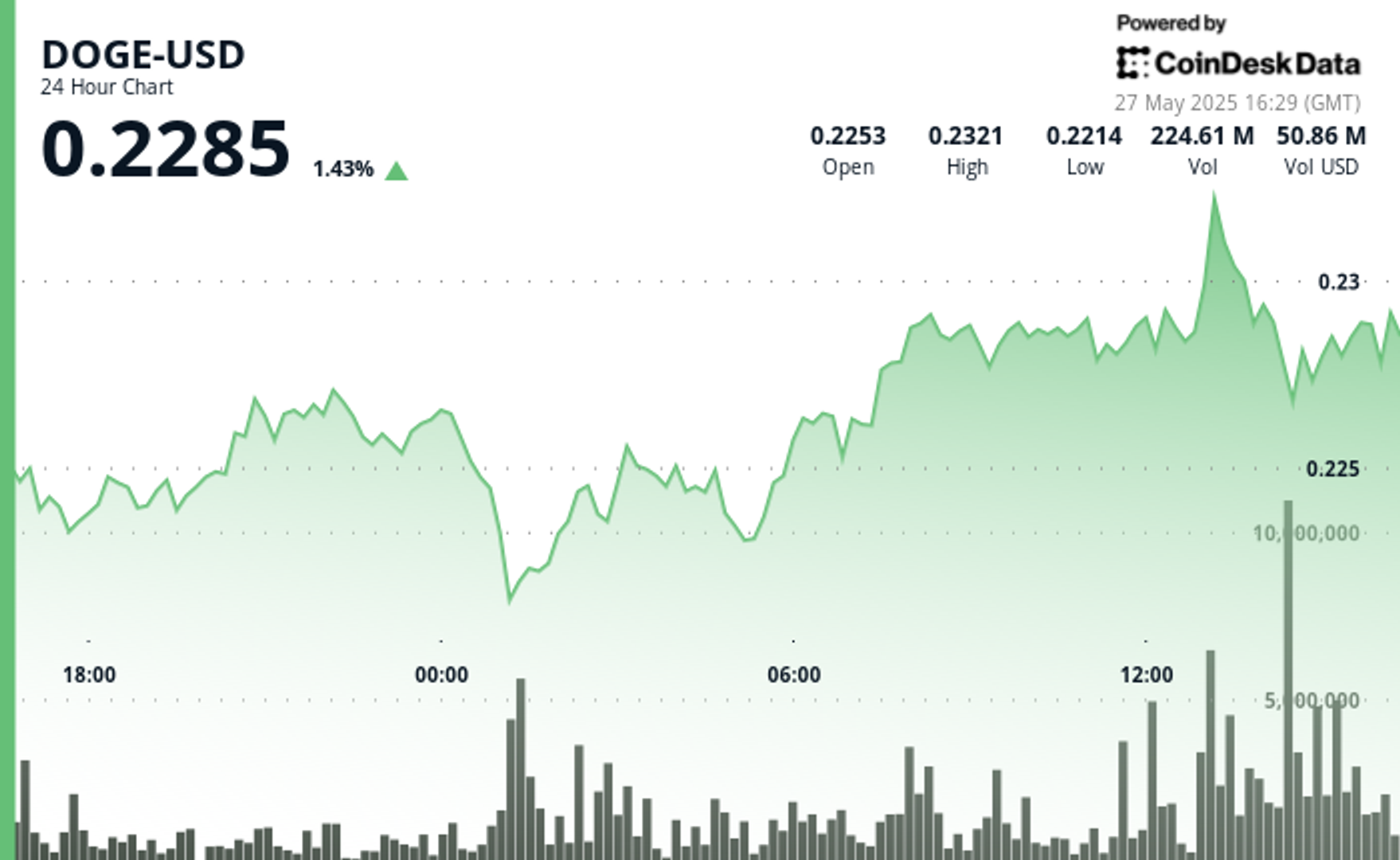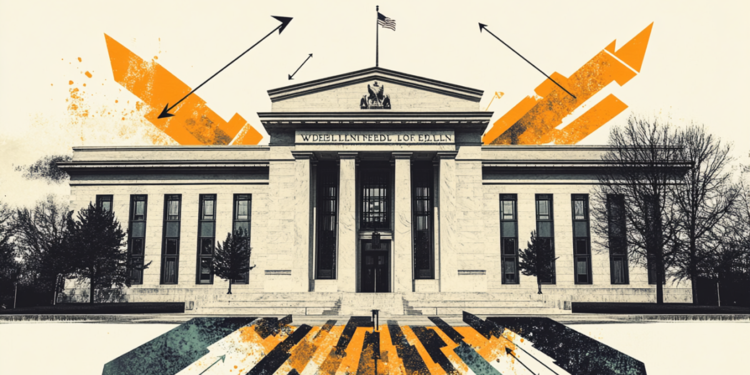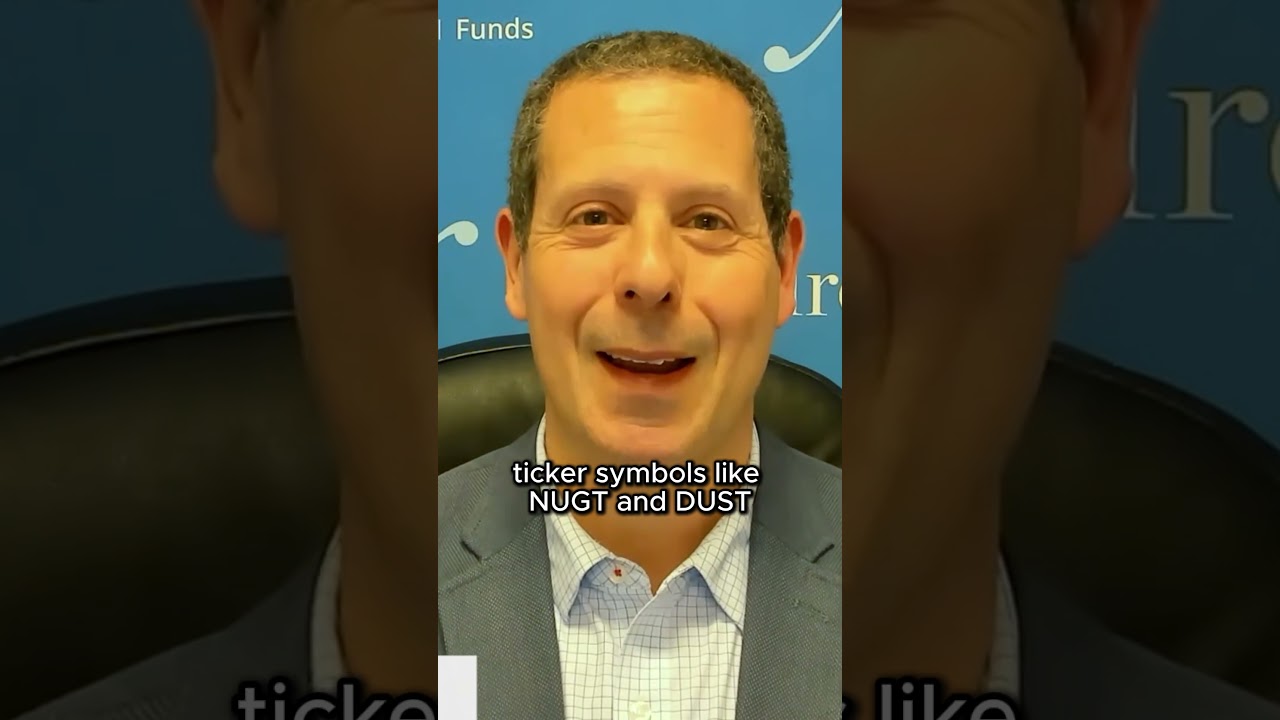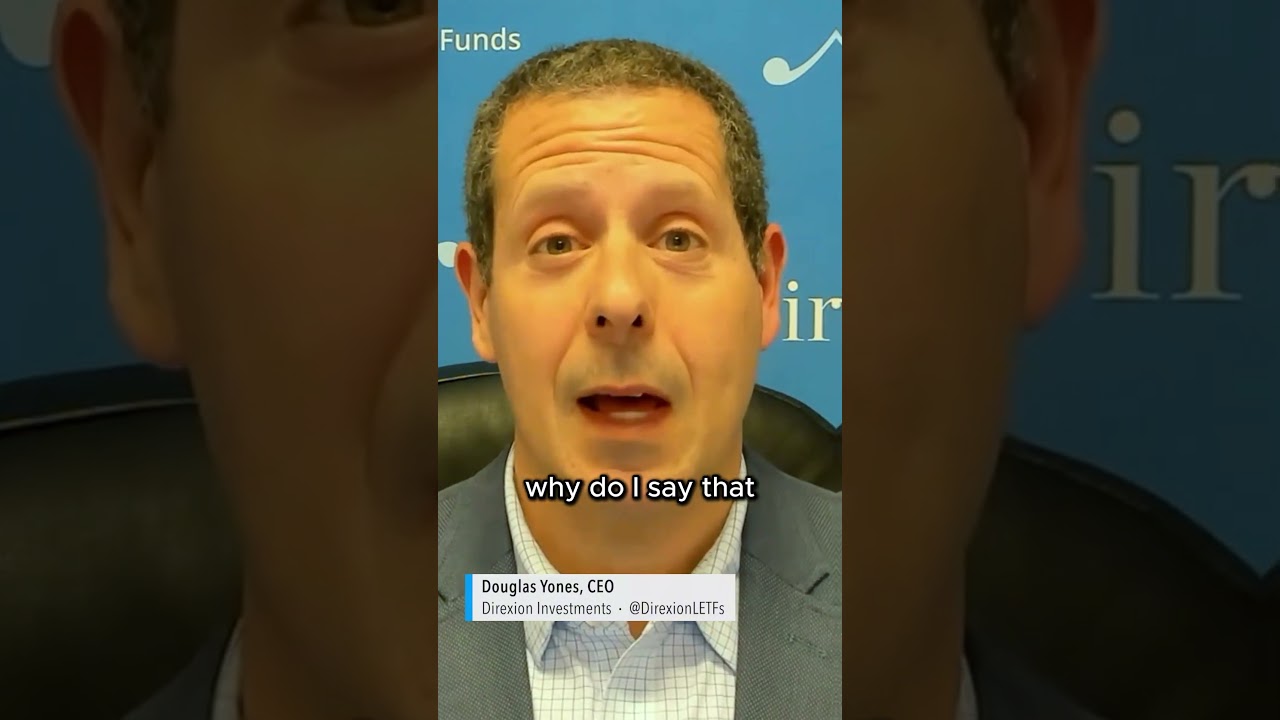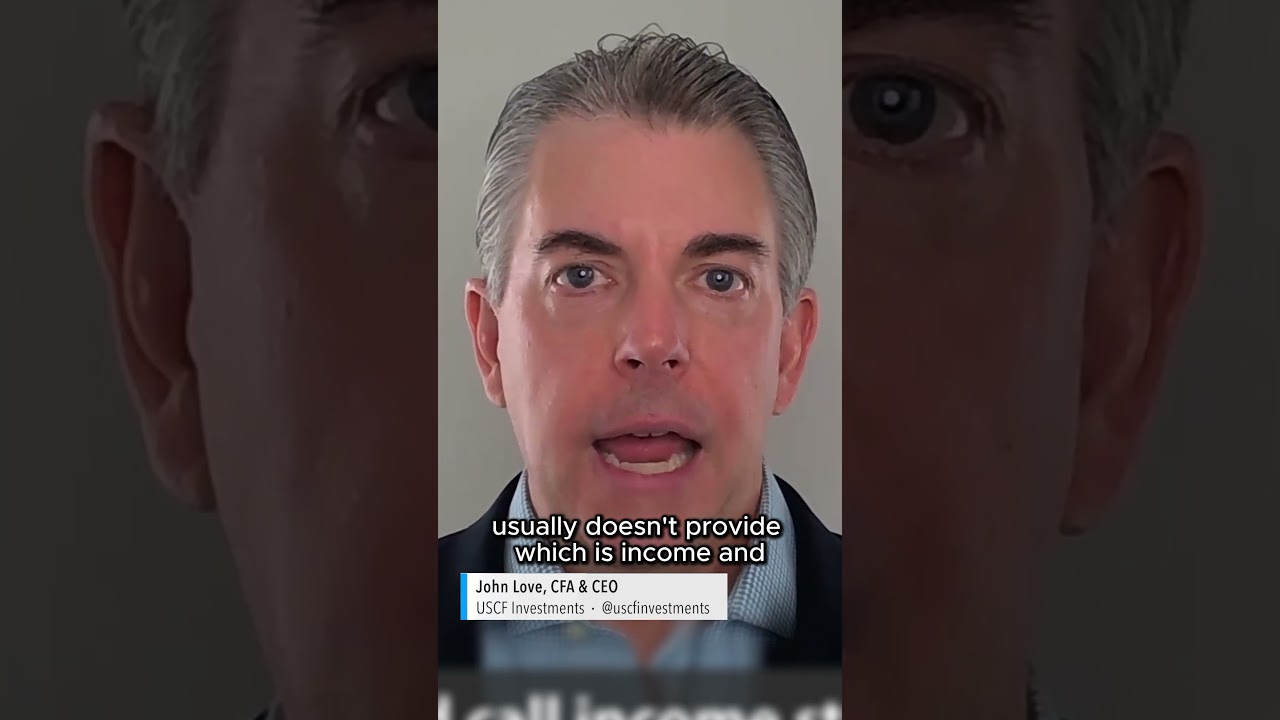The Typical 401(k)-Only Retirement: My Dad’s Story at 67
There’s a reason a lot of people opt to save for retirement in a 401(k). These plans make it easy to contribute toward your later years. You just sign up through your employer, and your contributions are deducted automatically from your pay each month. Plus, it’s common for companies that offer 401(k) plans to […] The post The Typical 401(k)-Only Retirement: My Dad’s Story at 67 appeared first on 24/7 Wall St..

Key Points
-
It’s not so uncommon to only have retirement savings in a 401(k).
-
Most people with a work history will have Social Security on top of that.
-
There are reasons to save for retirement outside of a 401(k), like more investment choices and flexibility to take early withdrawals.
-
Are you ahead, or behind on retirement? SmartAsset’s free tool can match you with a financial advisor in minutes to help you answer that today. Each advisor has been carefully vetted, and must act in your best interests. Don’t waste another minute; get started by clicking here.(Sponsor)
There’s a reason a lot of people opt to save for retirement in a 401(k). These plans make it easy to contribute toward your later years. You just sign up through your employer, and your contributions are deducted automatically from your pay each month.
Plus, it’s common for companies that offer 401(k) plans to also match worker contributions to some degree. That extra money could help grow your balance very nicely.
Because 401(k)s are so easy to use, and because they come with such generous annual contribution limits, it’s not so unusual for a person to only have a 401(k) for retirement. But in this Reddit post, we have someone who’s surprised that their father is looking at retiring on a 401(k) alone.
The truth is, it’s not necessarily a bad thing to only have a 401(k), especially if your plan has a large balance going into retirement. But there are pitfalls to this approach you should know about.
Are you really looking at a 401(k)-only retirement?
In the post above, the Redditor’s father opted to only use a 401(k) to house retirement savings. But that doesn’t mean the father won’t have additional income coming his way.
Most people with a robust work history are eligible to collect Social Security. And those benefits, combined with 401(k) plan withdrawals, can make for a nice retirement.
You should also know that if you delay your Social Security benefits claim past your full retirement age (FRA), your monthly payments will be eligible for a lifelong boost. FRA is 67 for anyone born in 1960 or later. Delaying benefits past that point increases them by 8% a year until age 70.
The problem with having just a 401(k)
Retiring with a large 401(k) balance isn’t a bad thing. But there are a few issues with only having a 401(k) for retirement savings purposes.
First, 401(k)s generally limit you to different investment funds. Because of this, you could get stuck paying fees that eat away at your returns. But more so than that, you lose the ability to truly customize your portfolio since you can’t hold individual stocks.
An IRA, on the other hand, allows you to invest your retirement savings in the specific stocks of your choice. That could help you assemble a market-beating portfolio that produces strong returns.
Another issue with only having a 401(k) is that there can be a 10% penalty for taking withdrawals before age 59 and 1/2. This isn’t an issue if you’re retiring later. But if you want the flexibility to retire on the earlier side, then you may want to keep some of your retirement savings in a taxable brokerage account, where early withdrawal penalties don’t apply.
Cover all bases
All told, it’s not unheard of to retire with just a 401(k). And it’s not automatically a bad thing. But if you’re trying to cover all bases when saving for retirement, then you may want to put some of your nest egg into an IRA as well as a taxable brokerage account.
It’s also a good idea to consult a financial advisor and see what retirement savings plans they recommend using. They can help you spread your money out so you have access to the assets you want to invest in, and so you’re able to tap your savings when it works for you.
The post The Typical 401(k)-Only Retirement: My Dad’s Story at 67 appeared first on 24/7 Wall St..
